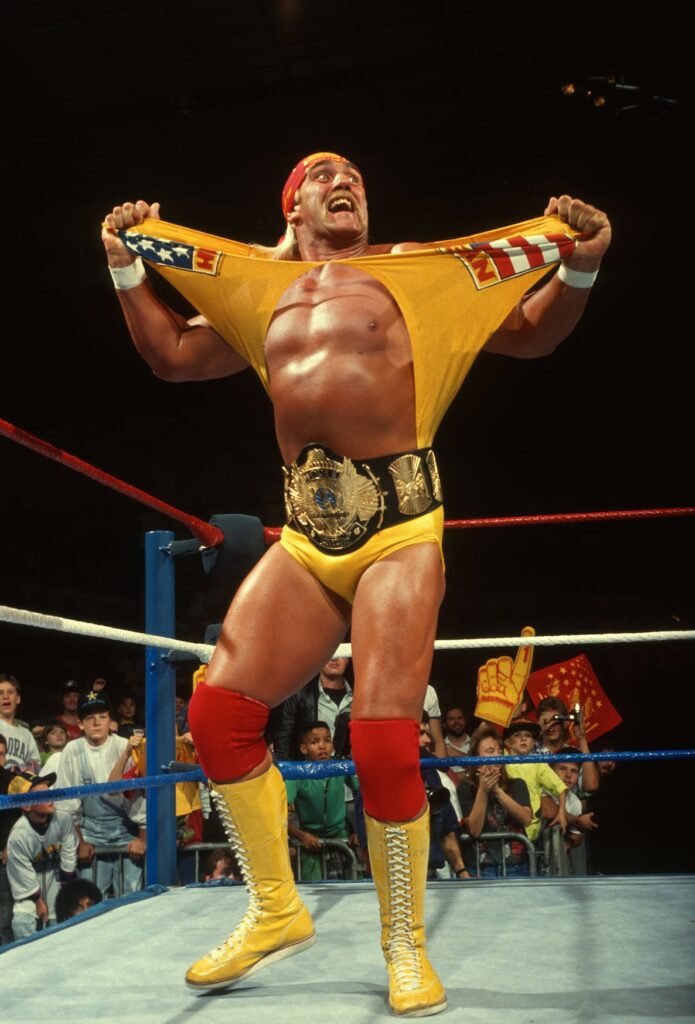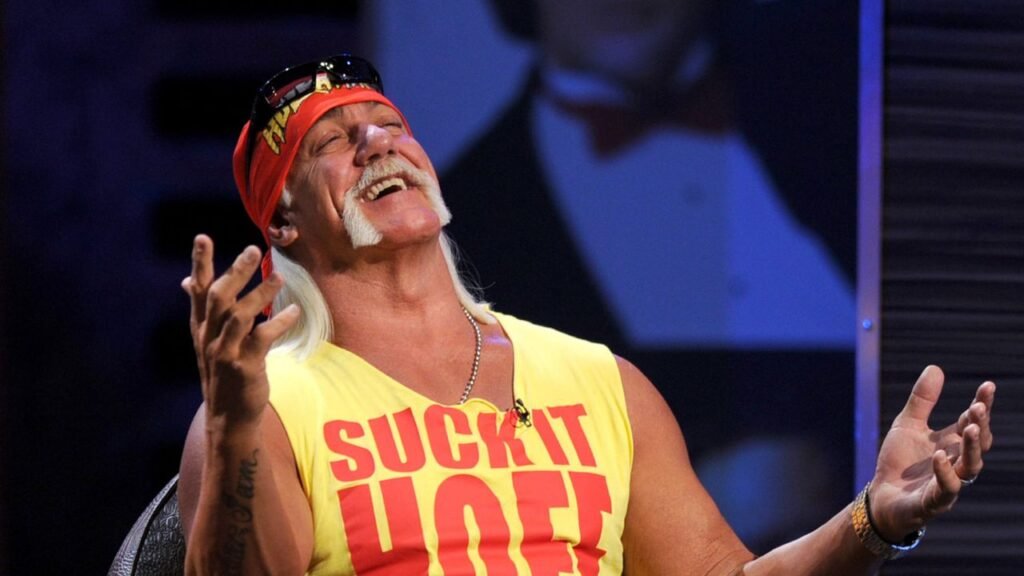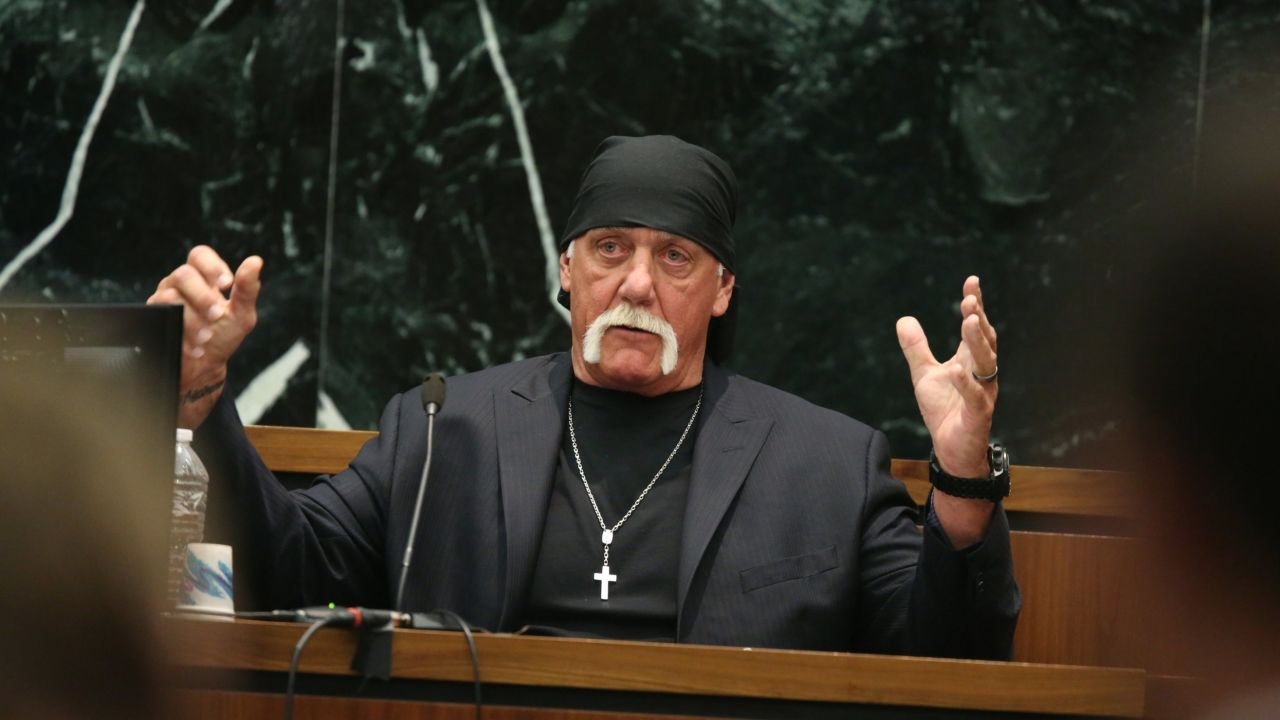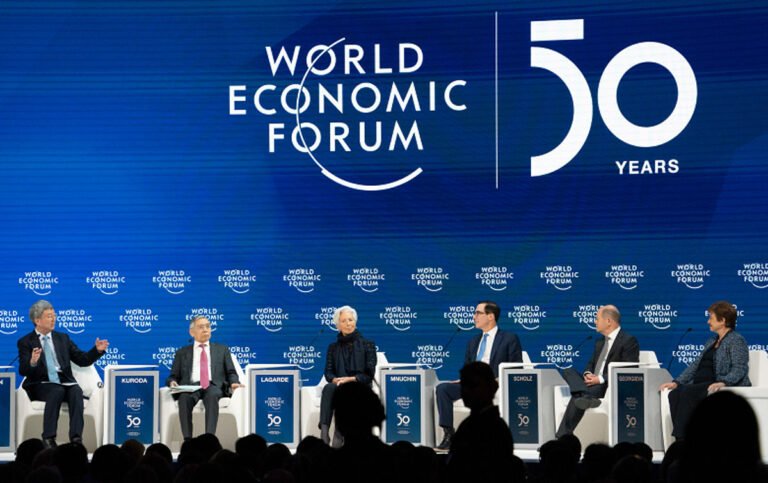Hulk Hogan’s case against Gawker marked the end of an era for the internet
In the annals of internet history, few legal battles have left as indelible a mark as Bollea v. Gawker, the 2016 lawsuit that saw professional wrestling icon Terry Gene Bollea, better known as Hulk Hogan, take on Gawker Media—and win.
The case didn’t just bankrupt a media empire; it reshaped conversations around privacy, free speech, and the ethics of online journalism. Nearly a decade later, it’s worth revisiting this seismic event that silenced one of the internet’s most irreverent voices.
The Spark: A Sex Tape and a Media Firestorm
The saga began in 2006, when Hogan was secretly recorded having sex with Heather Clem, the wife of his friend, radio personality Bubba the Love Sponge. Hogan later testified he was unaware of the recording, which was made without his consent.
Fast-forward to October 2012, when Gawker, the snarky, boundary-pushing media outlet founded by Nick Denton, published a two-minute excerpt of the 30-minute tape, including 10 seconds of explicit content, under the headline: “Even for a Minute, Watching Hulk Hogan Have Sex in a Canopy Bed is Not Safe For Work but Watch it Anyway.” The post, penned by editor A.J. Daulerio, ignited a firestorm.
For Hogan, the publication was a profound violation. He testified that he was “completely humiliated” and claimed the video’s release caused severe emotional distress. Gawker, however, argued the post was protected by the First Amendment, asserting the tape was newsworthy given Hogan’s public persona and his own comments about his personal life on platforms like The Howard Stern Show.
The Legal Battle: Privacy vs. Press Freedom
Hogan filed suit in 2013 in Florida’s Sixth Judicial Circuit Court, seeking $100 million for invasion of privacy, infringement of personality rights, and intentional infliction of emotional distress. The case wasn’t just a personal vendetta; it became a battleground for broader issues.
Hogan’s legal team argued that Gawker’s actions threatened the privacy of everyday Americans, while Gawker’s attorneys warned that a ruling against them could chill press freedom.
The trial, held in St. Petersburg, Florida, was a spectacle. Hogan’s team leaned on expert testimony to underscore the damage. Digital marketing expert Shanti Shunn testified that the video was viewed millions of times across platforms, amplifying its impact.
Another expert, University of Florida journalism professor Mike Foley, argued that while Gawker’s commentary might be protected, the video itself crossed an ethical line. Gawker’s defense, meanwhile, struggled to counter the narrative that they’d exploited Hogan’s private moment for clicks.
Behind the scenes, a twist emerged: Silicon Valley billionaire Peter Thiel was bankrolling Hogan’s lawsuit. Thiel, who had been outed as gay by Gawker in 2007, saw the case as a chance to settle a personal score. His funding, later revealed to be part of a broader campaign against Gawker, added a layer of intrigue to an already surreal case.

The Verdict: A Death Blow to Gawker
On March 18, 2016, the jury delivered a stunning verdict: Gawker was liable, and Hogan was awarded $115 million in compensatory damages plus $25 million in punitive damages, totaling $140 million. The figure dwarfed Hogan’s initial $100 million demand and sent shockwaves through the media world. Gawker vowed to appeal, arguing the damages were excessive and the ruling a threat to First Amendment protections. But the financial burden was insurmountable. In June 2016, Gawker Media filed for bankruptcy and sold its assets to Univision for $135 million. Gawker.com, the heart of the controversy, was shuttered.
In November 2016, Hogan and Gawker settled for $31 million, with Gawker agreeing to remove the offending material. After legal fees and taxes, Hogan’s take was reportedly less than $10 million—a fraction of the headline-grabbing $140 million. Still, the settlement marked the end of Gawker’s independent run.
The Aftermath: A Divided Legacy
The trial’s fallout was polarizing. For some, Hogan’s victory was a triumph of personal privacy over reckless journalism. Posts on X in 2025 reflect this sentiment, with users like @ARaderVon and @AdamFostermusic hailing Hogan for “killing” a site they viewed as toxic. Others, like @pablod, criticized the lawsuit as a Thiel-funded “SLAPP” (Strategic Lawsuit Against Public Participation) that weaponized the courts to silence dissent.
Gawker’s defenders argued it was a casualty of a broader war on free speech. Nick Denton, reflecting on the case, wrote that an “all-out legal war with Thiel would have cost too much, and hurt too many people.” The site’s closure was mourned by journalists who saw Gawker as a pioneer of irreverent, anti-establishment reporting that held elites accountable.
Yet, Gawker wasn’t without flaws. Its willingness to publish private material—whether Hogan’s tape or Thiel’s personal details—sparked debates about where to draw the line. The trial exposed the risks of a media model driven by sensationalism and clicks, especially when backed by minimal editorial restraint.
A New Gawker Rises, But the Scars Remain
In 2021, Gawker quietly relaunched under new ownership, aiming to recapture its snarky spirit without the “nastiness” that doomed its predecessor. Editor Leah Finnegan acknowledged the brand’s “toxic” yet “revered” legacy, noting it “could never be what it once was” after Hogan’s lawsuit. The revived Gawker has gained traction but operates in a more cautious media landscape, where the specter of legal ruin looms large.
The Bollea v. Gawker case remains a flashpoint. It highlighted the tension between privacy and press freedom in the digital age, where a single post can ruin reputations or empires. It showed how wealth—whether Thiel’s funding or Gawker’s bankruptcy—can tilt the scales of justice. And it underscored the internet’s power to amplify both truth and harm.
Hogan’s win was a personal vindication, but it came at a cost. The trial didn’t just kill Gawker; it chilled online discourse, making publishers think twice before pushing boundaries. As we navigate an era of evolving media ethics, the Hulk Hogan trial reminds us that the line between news and invasion is razor-thin—and the consequences of crossing it can be catastrophic.
Why It Mattered for New Gen Media
The Bollea v. Gawker case sent ripples through the emerging landscape of new generation media, fundamentally altering how digital outlets operate.
For platforms like BuzzFeed, Vice, and countless independent creators on YouTube, TikTok, and X, the trial was a wake-up call about the legal risks of provocative content. Gawker’s downfall showed that even edgy, click-driven journalism could face crippling consequences if it crossed ethical or legal lines, prompting new media to adopt stricter editorial guidelines and invest in legal counsel to avoid similar fates. The case also amplified scrutiny on the “publish first, apologize later” ethos that defined early digital media, pushing outlets to balance virality with accountability.
Moreover, it reshaped the relationship between media and powerful individuals. Peter Thiel’s funding of Hogan’s lawsuit exposed how deep-pocketed players could weaponize litigation to silence critics, a tactic that resonates in today’s polarized X discussions where users like @pablod warn of “SLAPP” suits stifling free speech. For new gen media, often operating on slim budgets, the threat of such lawsuits became a chilling deterrent, curbing investigative boldness. Simultaneously, the case fueled debates about privacy in an era where personal content can go viral instantly, forcing creators to navigate murky boundaries around what’s “newsworthy” versus invasive—especially when algorithms reward sensationalism. The Gawker saga remains a cautionary tale for digital media’s next wave, underscoring that unchecked audacity can lead to extinction.

Remembering Hulk Hogan: A Larger-Than-Life Legacy
On July 24, 2025, the world lost Terry Gene Bollea, better known as Hulk Hogan, at the age of 71. Hogan was more than a wrestler; he was a cultural titan who defined an era of American entertainment. From his thunderous leg drops in the ring to his iconic red-and-yellow persona, he captivated millions, turning professional wrestling into a global phenomenon in the 1980s and 1990s.
His charisma and larger-than-life presence made him a household name, starring in movies, TV shows, and even reality television, while his catchphrase, “Whatcha gonna do, brother?” echoed through generations. Hogan’s impact on pop culture was undeniable, cementing him as a symbol of grit, showmanship, and resilience.
Yet, Hogan’s life wasn’t without controversy, and his role in the Bollea v. Gawker trial showcased his tenacity outside the ring. When Gawker published a private sex tape in 2012, Hogan fought back, winning a $140 million lawsuit that bankrupted the outlet—a battle secretly funded by Peter Thiel as an act of revenge for Gawker’s past reporting. The case wasn’t just a personal victory; it redefined the boundaries of privacy and media ethics, though it came at a cost to Hogan’s public image, especially after racist remarks from the tape surfaced. Despite these setbacks, Hogan’s redemption arc saw him return to the WWE and even take the stage at the 2024 Republican National Convention, proving his enduring ability to rise above adversity.
Hogan’s passing leaves a void in the hearts of fans who grew up chanting his name and emulating his larger-than-life spirit. Posts on X today reflect a mix of grief and admiration, with users like @BWLH_ and @simr52575 celebrating his courage and cultural impact while acknowledging the complexities of his legacy. Beyond the ring, Hogan’s fight for privacy in the Gawker trial remains a landmark moment, reminding us of the power individuals wield against media overreach. As we say goodbye to the Hulkster, we honor a man who lived boldly, fought fiercely, and left an indelible mark on wrestling, media, and the American psyche. Rest in peace, brother.
Sources: Wikipedia, The Atlantic, The Guardian, Forbes, The New York Times, First Amendment Watch, SEScoops, Reuters, Expert Institute







